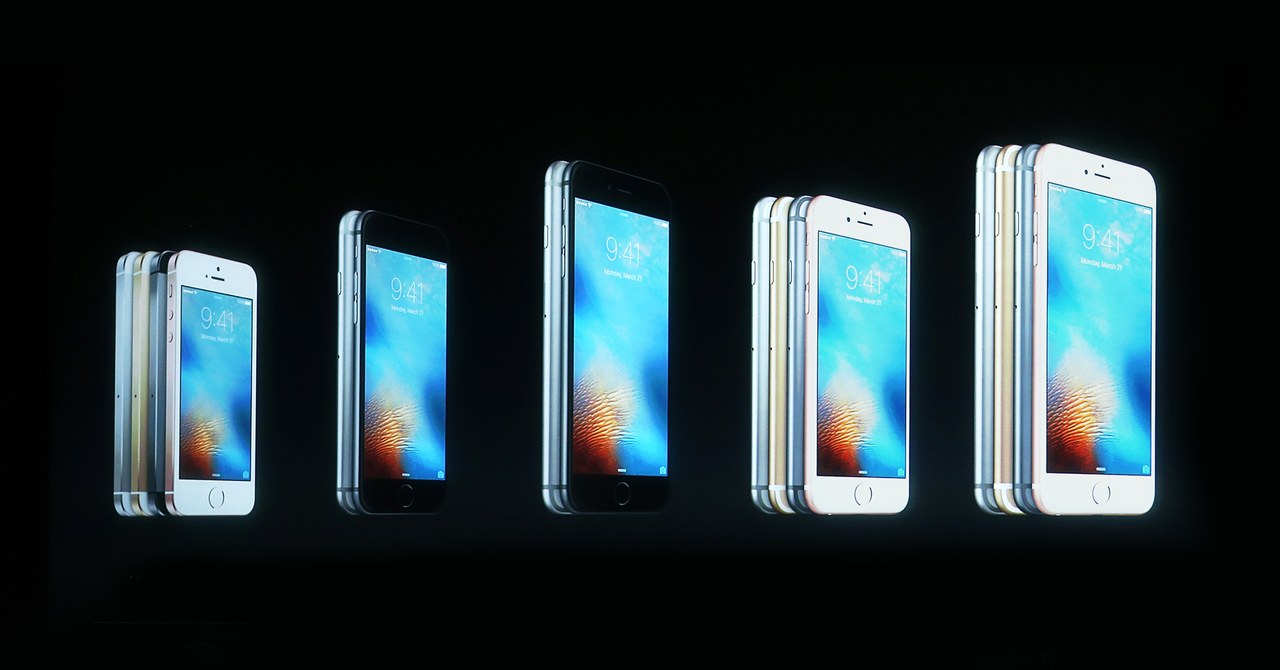Remember Apple’s “Batterygate,” back in 2017? It’s understandable if more imminent news stories, like Covid-19 and the US presidential election, have pushed old iPhone controversies to the far corners of your brain. But if you happened to own an iPhone 6, 7, or SE, and at some point you updated those phones to specific version of iOS software before December 2017, Apple might owe you settlement money.
Apple has agreed to a preliminary settlement of $500 million as part of a class action that alleged the company released software that intentionally slowed down aging iPhones. While the settlement still requires final approval, the proposed terms disclosed Friday show that Apple may end up paying iPhone users $25 per affected device.
Apple has yet to share information on where or how consumers can file their claims, and according to one class action attorney who is not affiliated with the case, it could be weeks before Apple is compelled to pay. For now, though, the proposed settlement seems like a fair one, according to Jonathan Selbin, a lawyer for Lieff Cabraser Heimann & Bernstein and the chair of the firm’s Economic Injury Product Defect Practice Group.
“These are tough cases, particularly when you have a product that doesn’t just fail to work altogether,” Selbin says, noting that products that completely malfunction are easier to build cases around. “This seems to me like a pretty good result” for the plaintiffs.
An Apple spokesperson declined to comment and instead pointed WIRED to the court filings, in which Apple vigorously denied any wrongdoing. Reuters reported earlier that Apple “settled the nationwide case to avoid the burdens and costs of litigation.”
Slow Down
Back in December 2017, users on Reddit started to suggest a correlation between aging iPhone batteries and decreased performance in iPhones. As Geekbench pointed out, the discrepancies in performance were unlikely to be solely a function of battery condition, but rather were due to iOS upgrades from 10.2.0 to 10.2.1, leading the site to conclude that “A

